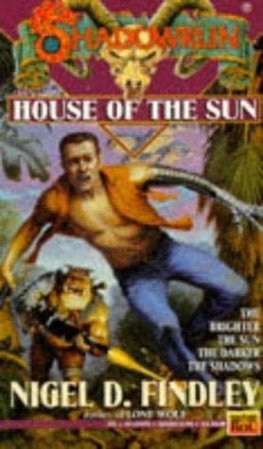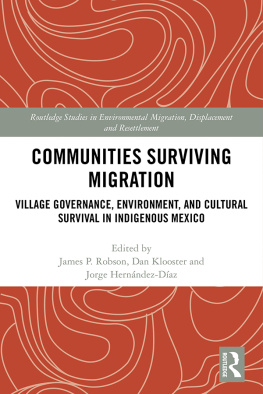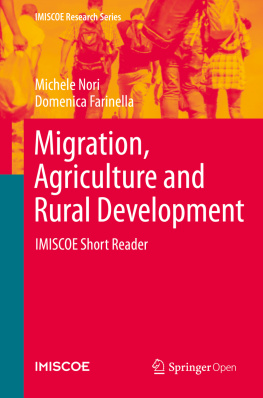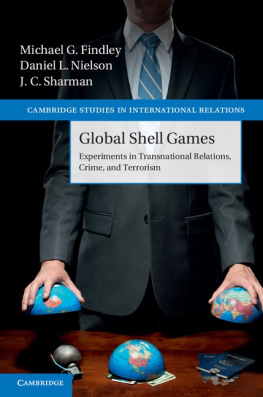Rural Development and Migration
Brown University Studies in Population and Development
Urban Migrants in Developing Nations: Patterns and Problems of Adjustment, edited by Calvin Goldscheider
Rural Migration in Developing Nations: Comparative Studies of Korea, Sri Lanka, and Mali, edited by Calvin Goldscheider
Why People Intend to Move: Individual and Community-Level Factors of Out-Migration in the Philippines, Sun-Hee Lee
Social Change and Family Processes: Arab Communities in Shefar-Am, Majid Al-Haj
Rural Development and Migration: A Study of Family Choices in the Philippines, Sally E. Findley
About the Book and Author
This study focuses on family, village, and community variation in out-migration in the Philippines and identifies key economic and social demographic factors at these various levels of analysis. Survey and anthropological data are combined to clarify why some households are characterized by migration and how these patterns relate to economic and social change. The multilevel approach used by the author has major implications for the study of migration in developing nations and addresses options in these countries. The comprehensive and systematic analysis clarifies the major issues of rural development and migration and suggests clear policy guidelines on both the migration and development sides of the equation. Dr. Findleys approach to migration breaks new ground in the specification of contextual factors, in the incorporation of family and community variables, and in the emphasis on the interplay between family decisions and structural constraints in different types of communities. By focusing on the household context in community settings, this research is able to interpret more clearly the variation in the relationship between rural development and migration patterns by place and subgroup. This study places migration in the center of our understanding of rural social life and in the broader developmental processes emerging in rural places. As such, it is in the forefront of demographic studies, in particular, and the social sciences, in general.
Sally E. Findley received her Ph.D. in sociology at Brown University and was a postdoctoral Fellow in their Population Studies and Training Center. She is currently a visiting researcher at the Sahel Institute in Bamako, Mali.
Brown University Studies in Population and Development
Published in cooperation with the Population Studies and Training Center Brown University
Editor
Calvin Goldscheider
Editorial Board
Sidney Goldstein
Philip Leis
Morris D. Morris
Alden Speare, Jr.
First published 1987 by Westview Press
Published 2019 by Routledge
52 Vanderbilt Avenue, New York, NY 10017
2 Park Square, Milton Park, Abingdon, Oxon OX14 4RN
Routledge is an imprint of the Taylor & Francis Group, an informa business
Copyright 1987 by Taylor & Francis
All rights reserved. No part of this book may be reprinted or reproduced or utilised in any form or by any electronic, mechanical, or other means, now known or hereafter invented, including photocopying and recording, or in any information storage or retrieval system, without permission in writing from the publishers.
Notice:
Product or corporate names may be trademarks or registered trademarks, and are used only for identification and explanation without intent to infringe
Library of Congress Cataloging-in-Publication Data
Findley, Sally E.
Rural development and migration.
(Brown University studies in population and
development; no. 5)
Bibliography: p.
1. Migration, InternalPhilippines.
2. PhilippinesRural conditions. 3. Rural
developmentPhilippines.4. FamilyPhilippines.
I. Title. II. Series.
HB2109.F56 1987 304.89599 86-33987
ISBN 13: 978-0-367-28627-9 (hbk)
To my parents, who taught me to care but to be curious
Contents
, Calvin Goldscheider
Appendix I
Methodology for Collection of the Data
Appendix 2
Procedure for Developing Indirect Measures of Concepts
The linkages between rural development and migration in developing nations are complex. On the one hand, economic and social changes in rural areas may free persons from the constraints of family and community, reduce the need for agricultural labor, generate aspirations for new opportunities, and result in out-migration from rural areas. On the other hand, as social and economic changes result in greater local opportunities, expanding jobs in rural locations, there may be less motivation to be uprooted from families, friends and local networks. Both sequences may be identified in the rural areas of Third World countries, at different times and in different places. Which pattern emerges is of critical importance to the demography and the development of less developed countries as we move toward the 21st century.
The debate over the effects of development on out-migration is, of course, not primarily analytic or academic. Development and migration policies in the rural areas of LDCs are the critical parts of the debate. Will investment in rural areas stem the flow of out-migrants to the city? Will rural development projects lead to migration as broader social, economic, and family changes unfold? What development projects will be most effective in the population and development goals of particular nations?
This volume in the Brown University series on Population and Development addresses these complex issues, comprehensively and systematically. The research reported and the analysis presented make important contributions to clarifying the issues, resolving the complexities, and suggesting clear policy guidelines on the development and migration sides of the equation. The methodological and theoretical orientation of Dr. Sally Findleys analysis will serve as a basis for research on migration and development undertaken in the future.
This is the fourth volume in our series of studies on Population and Development. It links to others in the focus on migration and development in urban and rural places ( Urban Migrants in Developing Nations: Patterns and Problems of Adjustment, 1983; Rural Migration in Developing Nations: Comparative Studies of Korea, Sri Lanka, and Mali, 1984) and carries forward research on migration in the Philippines (Why People Intend to Move: Individual and Community-Level Factors of Out-Migration in the Philippines, 1985). Dr. Findleys research breaks new ground in focusing on rural development and family migration and in specifying the role of contextual factors in the linkages between migration and rural development.
Beginning with two richly illustrated case studies of the farmers dilemma, the research builds toward the specification of a contextual model of migration, incorporating family and community factors and linking them systematically. The methodological and theoretical sophistication and the rigorous testing of propositions does not obscure the analysis of real life choices of families. Dr. Findleys research combines the best of demographic and sociological approaches in addressing this critical area of inquiry. She weaves back and forth between the case studies and the analysis of data from survey research, including within her interpretations the result of her own field research and observations, in-depth interviews, and village case materials. Particular emphasis is placed on the interplay between family decisions about migration and structural constraints in the community. Distinguishing between family and community influences on migration allows a focus on the setting and situation of migration, moves the focus away from micro-individual characteristics and personal motivations as well as away from macro-demographic questions. In all this she conveys a thorough mastery of previous research, an awareness of the importance of context and place, an ability to generalize, and a grasp of the ways theory, method, research, and policy are connected in integral ways. While others have examined these factors individually, Dr. Findley has linked them comprehensively.









